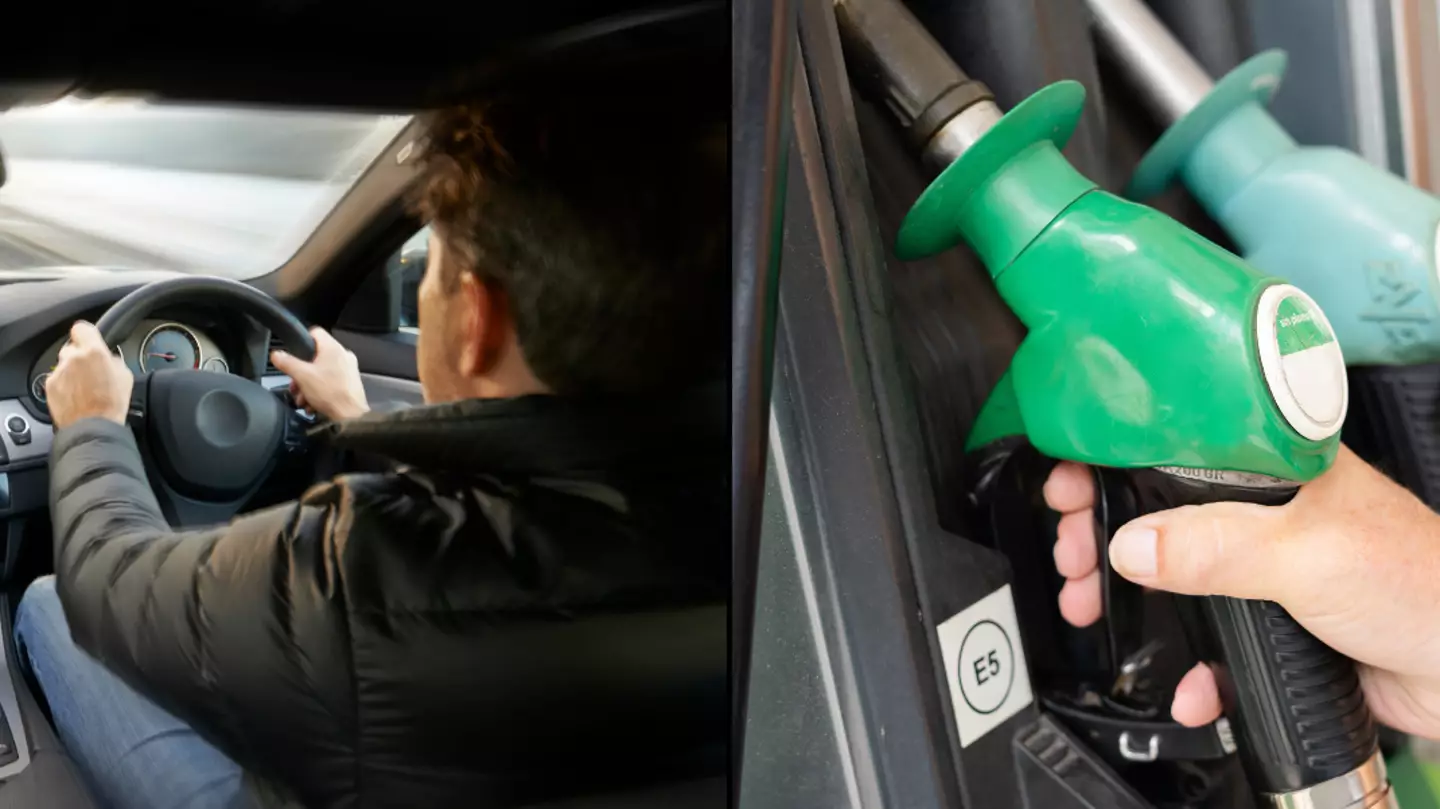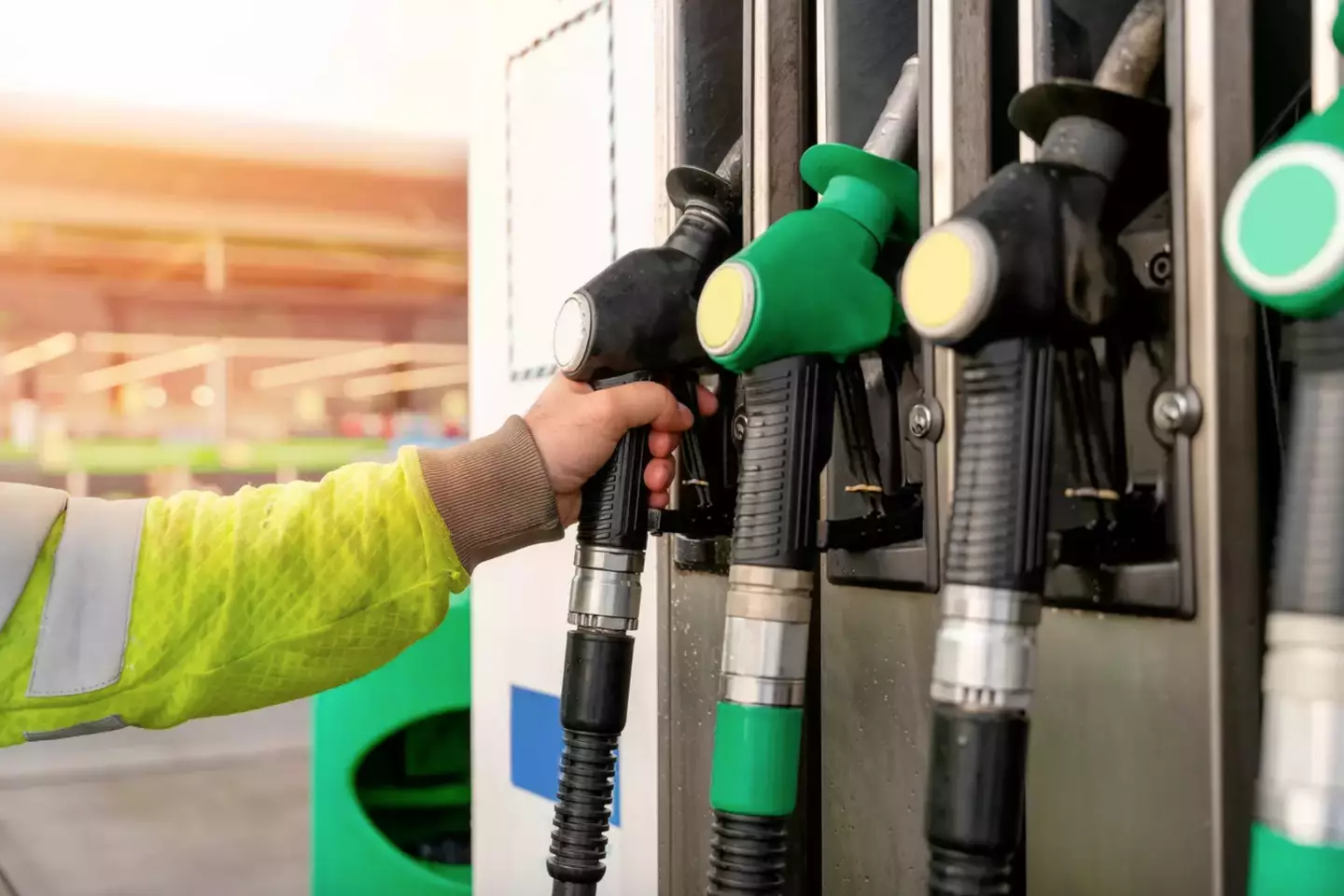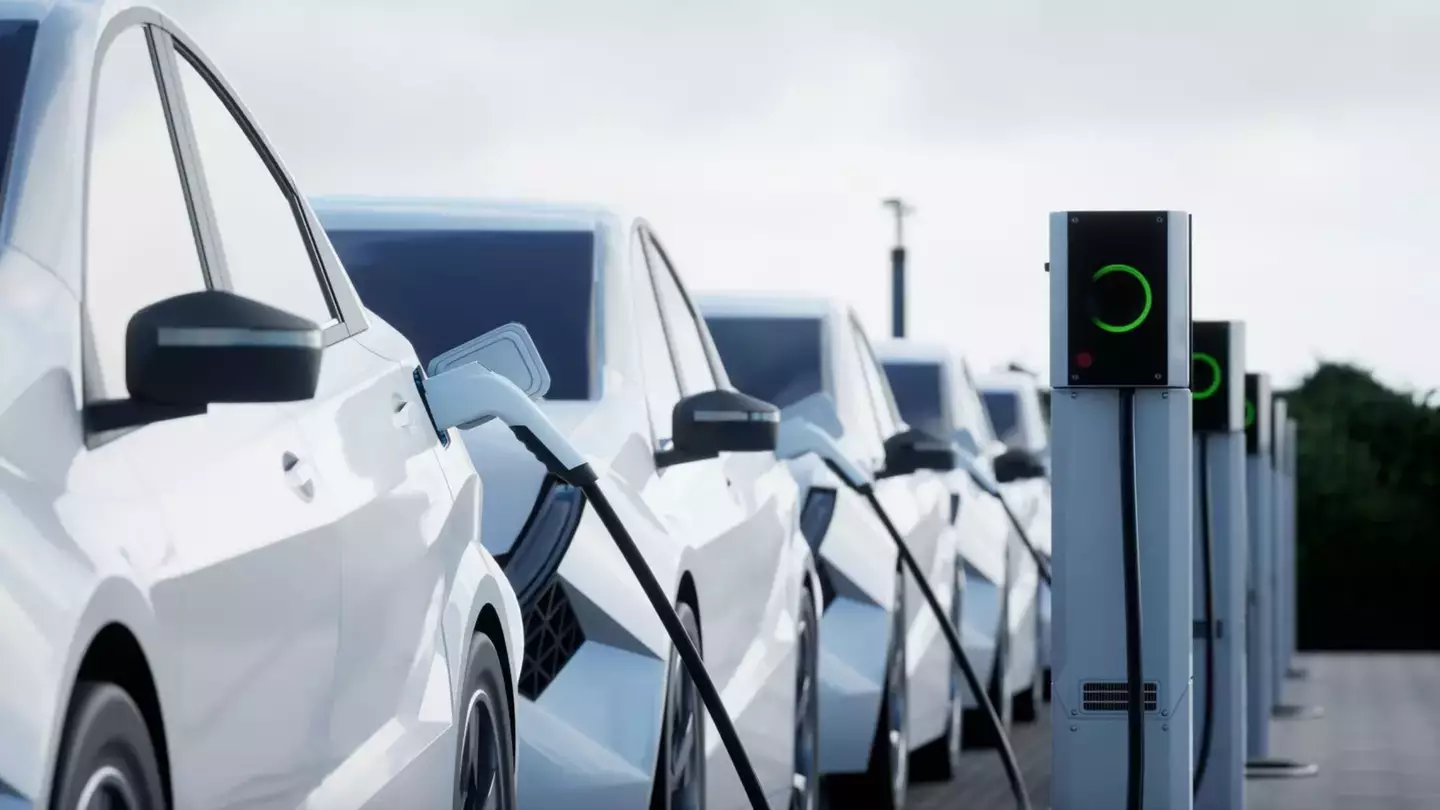
If the cost of living wasn't already high enough, British drivers have been issued a major warning ahead of the end of a 10-week price drop in fuel.
Last week saw the price of a litre of petrol drop to 144.5p, according to the AA, compared to 150.1p back in April.
And the price of petrol wasn't the only thing to drop, with diesel prices slumping too from 158.3p to 149.6p.

Advert
But all good things must come to an end and drivers are now being warned to fill up their tanks 'sooner rather than later.'
Drivers had previously hoped that we were on our way towards pre-Covid petrol prices, but the AA said this will not happen in the short term due to the price of oil in the US.
According to reports, US oil has gone up $5 (£3.91) in two weeks, increasing from $80 (£62.57) in early June to more than $85 (£66.48) over the past fortnight.
According to MetroUK, Luke Bosdet, the AA’s fuel price spokesperson, said: "The question is whether, after a significant fall in the UK’s average petrol price in June, the price will repeat last year’s sharp rise going further into the summer.
"It would be a blow for the impending summer getaway if the cost of road travel took off again.
Advert
"For now, filling up sooner rather than later will take advantage of current lower prices."

In January, the RAC said that the cheapest place to buy your petrol was supermarket chain Morrisons, where it cost an average of 136.9p a litre for petrol and 145.5p for diesel.
The news comes off the back of the UK being just two days away from a new change in the law that will have a huge effect on drivers up and down the country.
From Sunday (7 July), all new cars made in Europe will be required to have speed limiters fitted to them.
Advert
As for how it works, new Intelligent Speed Assistance (ISA) systems use speed sign recognition cameras and/or GPS-linked speed limit data to advise drivers of the speed limit as well as warn them if they’re going over it.
There are currently three ways an ISA could interfere with your driving.
The first is the 'advisory' ISA which will simply tell you if you've gone over the speed limit on the road you drive upon. This is something many SatNavs already do.
Then there's the 'supportive' ISA which will make it harder for you to press down on the accelerator pedal if you've gone over the limit.
Finally, there's the 'intervening' system which reduces power to the engine if you're speeding, gradually reducing speed until you're back within the legal limit.
